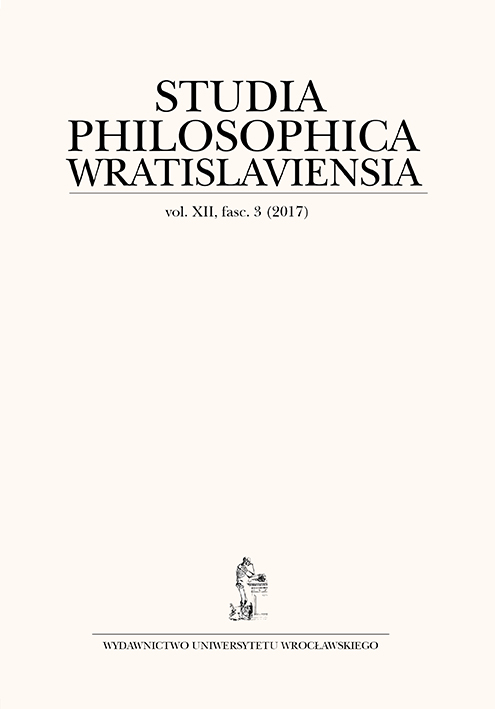

ARTYKUŁY

Unjustified evil and denied evil
The article is an attempt to interpret how evil was understood throughout history. The purpose of the paper is to compare the traditional analyzes of evil with the twentieth-century conceptions which appeared within French reflective philosophy. The considerations of Jean Nabert in this matter are of special importance. He points out not only that evil is not justified, but that it cannot be justified, since it is the constitutive element of our self. Evil, by deceiving our awareness, prevents rational self-consciousness and prevents further reflections.
Therefore, in the search to understand the phenomenon of evil it is necessary to look for new cognitive perspectives. Paul Ricoeur decided to accomplish that by the study of myth. Decades later, the problem of evil was faced by Paul Jean Baudrillard in his analysis of the social sphere.
The article attempts to indicate the novelty of the conceptions of the French thinkers. They appear to be important in view of the changes in the understanding of the concept of rationality taking place during the last century. Rationalisation is one of the tools which humanity used to revoke or deny evil. Baudrillard’s conception brings this project to the end, in which both the reality and evil contained in it are displaced outside the system of signs replacing reality. This situation, however, does not solve the problem, but opens new opportunities for “intelligent” evil. At the same time it shows other, valuable perspectives for reflection on the contemporary understanding of evil. Evil, which on the one hand is cancelled from social consciousness, and on the other hand achieves more success.